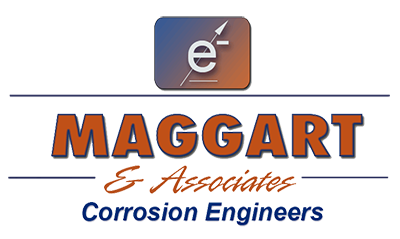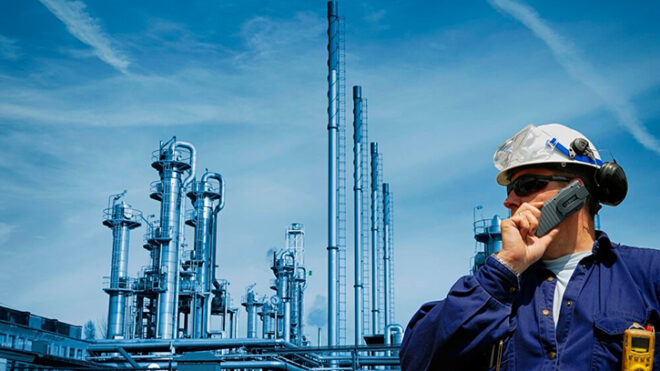A corrosion engineer identifies and mitigates corrosion to prevent degradation of materials, equipment, and infrastructure. They apply scientific and engineering principles to prevent material deterioration caused by chemical reactions. Corrosion engineers work across various industries, such as oil and gas, aerospace, and construction, ensuring safety, structural integrity, and operational efficiency by developing and implementing corrosion control strategies like material selection, coatings, and cathodic protection.
Key Responsibilities:
- Problem Identification:Detecting and assessing material degradation from corrosion.
- Prevention & Mitigation:Developing and implementing strategies to prevent or control corrosion.
- Material Selection:Choosing appropriate materials, coatings, and claddings to resist corrosion.
- Environmental Control:Modifying the environment (e.g., pH, temperature) or using inhibitors to reduce corrosion rates.
- Design Input:Providing expertise on design, construction, and modification of structures and equipment to minimize corrosion.
- Research & Development:Researching new materials and developing advanced corrosion control methods.
- Monitoring & Maintenance:Performing fieldwork, maintenance, and data collection on environmental conditions that impact corrosion.
Industries and Applications:
- Oil and Gas:Protecting pipelines, tanks, and facilities from corrosive substances.
- Construction:Ensuring the longevity and safety of bridges, structures, and buildings.
- Aerospace:Preventing corrosion in aircraft components and systems.
- Marine:Protecting ships and other marine vessels.
- Manufacturing:Maintaining the integrity of industrial machinery and equipment.
- Waste Management:Protecting facilities from corrosive waste materials.
Methods and Techniques:
- Protective Coatings:Applying paints, enamels, and other protective layers to surfaces.
- Material Selection:Choosing corrosion-resistant alloys, non-metallic materials, or composites.
- Cathodic Protection:Using sacrificial anodes or impressed current systems to protect metal structures.
- Environmental Modification:Controlling factors like pH, temperature, and the presence of specific chemicals or oxygen.

